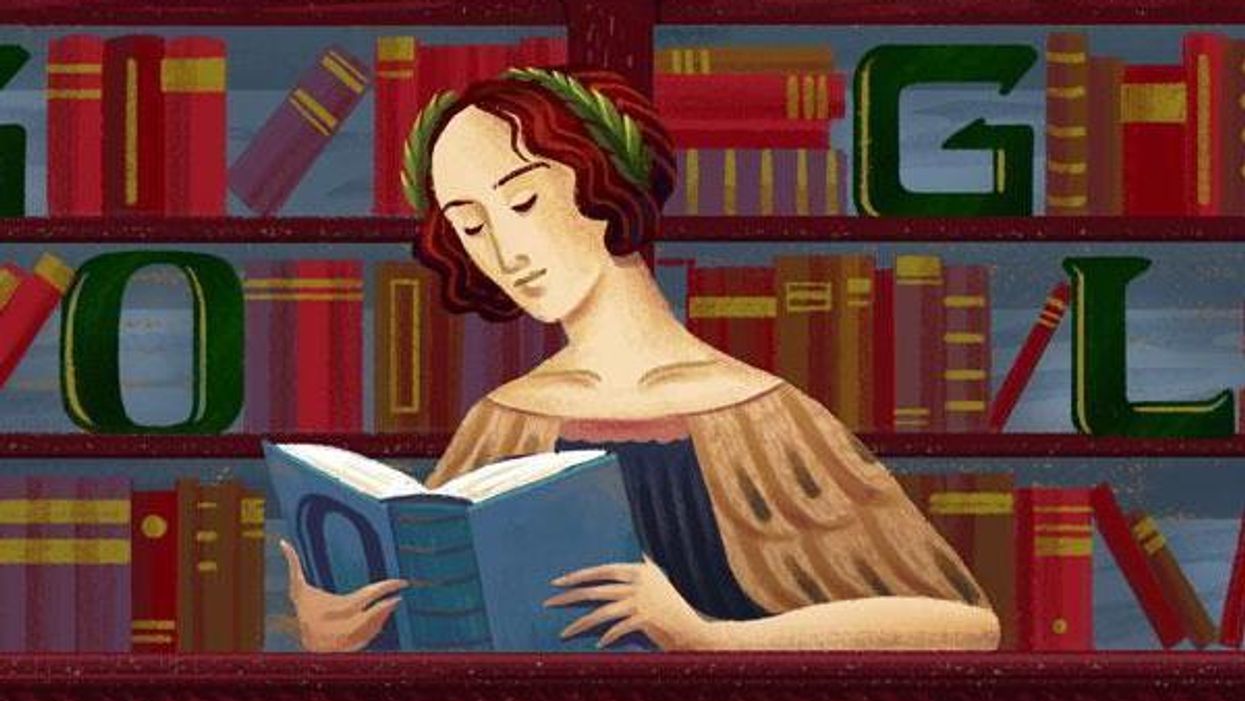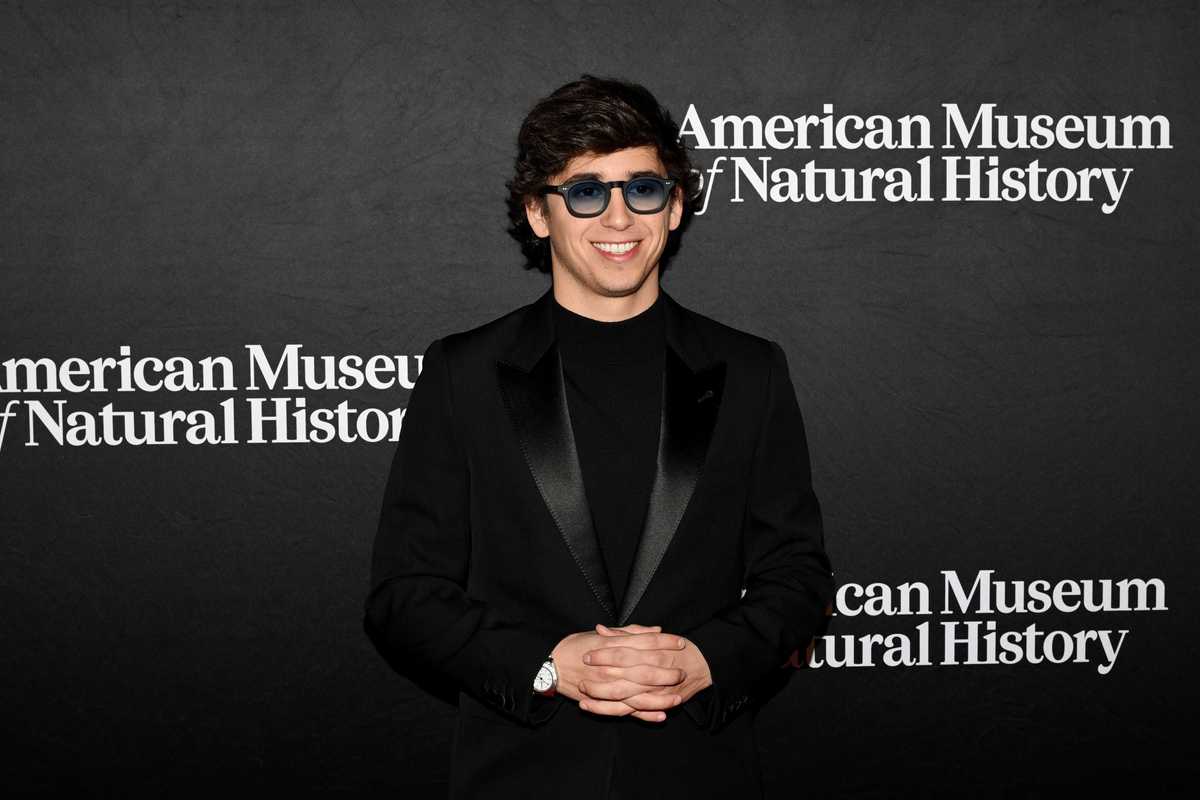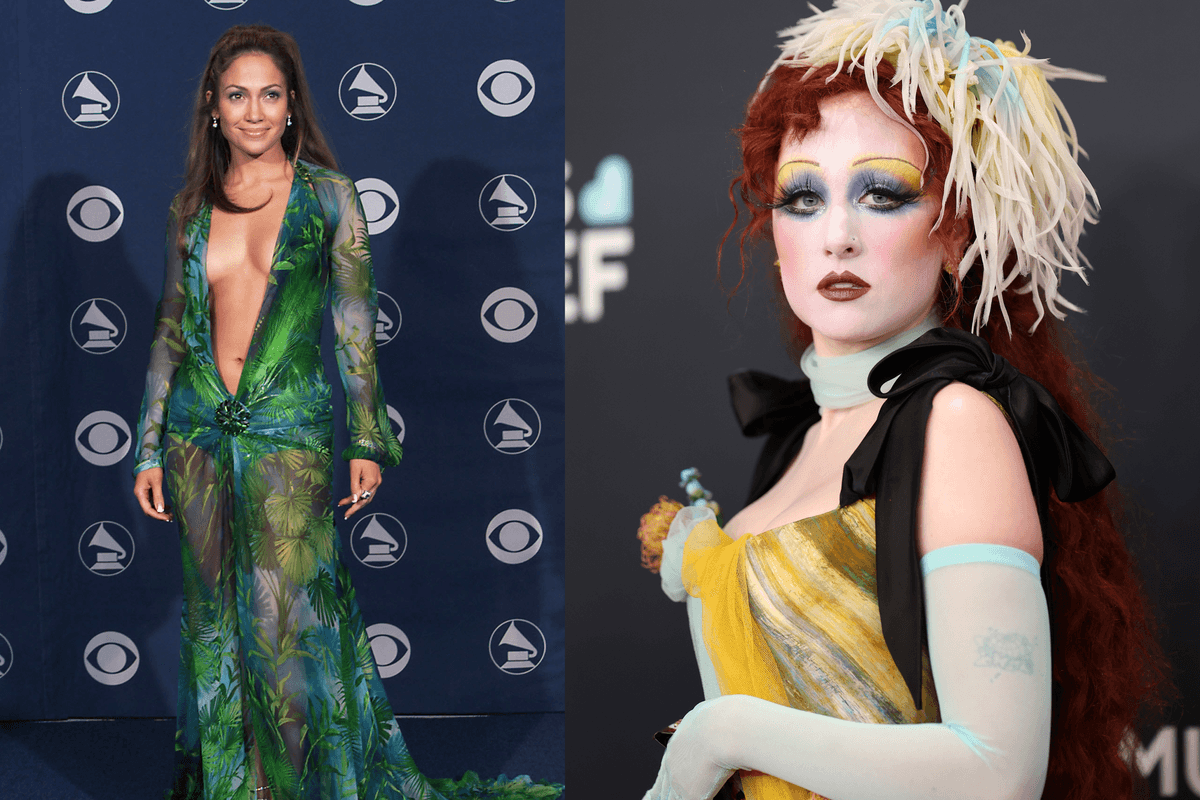Lucy Anna Gray
Jun 04, 2019
Forget sweet 16, or the long-awaited 18th birthday - it's all about turning 373.
At least it is for Elena Cornaro Piscopia, who Google are honouring in one of their regular Doodles.
The 17th Century Italian philosopher was born in Venice on 5 June 1646 and is best known for being the first woman to get a PhD.
Speaking an impressive seven languages, and playing multiple instruments, Elena was a highly gifted child.
Initially her Doctorate of Theology was rejected because she was a woman. But after reciting Aristotle writings in Latin and explaining complex philosophical theories, she became the first woman to receive a university doctorate.
Only six years later, at the age of 38, Elena died of tuberculosis.

In honour of this truly remarkable woman, Google have dedicated their homepage to their with one of their famous Doodle illustrations.
The artwork was created by Alyssa Winans, from California. The California-based artist spoke with Google about her illustration and its subject:
Q: What part of Elena Cornaro Piscopia's story do you personally find most inspiring?
A: I personally was inspired not only by Elena's single-minded dedication to her studies but also by the sheer enjoyment she felt at the prospect of quiet study. Although she received many accolades in her life, it was clear that they were never what she was after; she simply loved knowledge.
Q: Which aspect of her life and/or work did you seek to express in this Google Doodle?
A: From my research, it sounds like Elena was at her happiest when she was able to study undisturbed, whether at home or at many of the libraries she would frequent in her life.
Q: What medium do you prefer to use in your illustrations? Did you do anything different on this one from a technical standpoint?
A: I created this one entirely on the computer; the art itself was fairly straightforward, although I did take some creative liberties on the portrait, as we only have paintings left from her time.
Q: How important do you think it is to highlight the accomplishments of women in academic fields?
A: I think it's vital, not only to inspire students of today to recognise what they can accomplish but also to paint an accurate portrait of women's contributions throughout history.
More: Google Doodle celebrates 50 years of Pride celebrations
Top 100
The Conversation (0)














